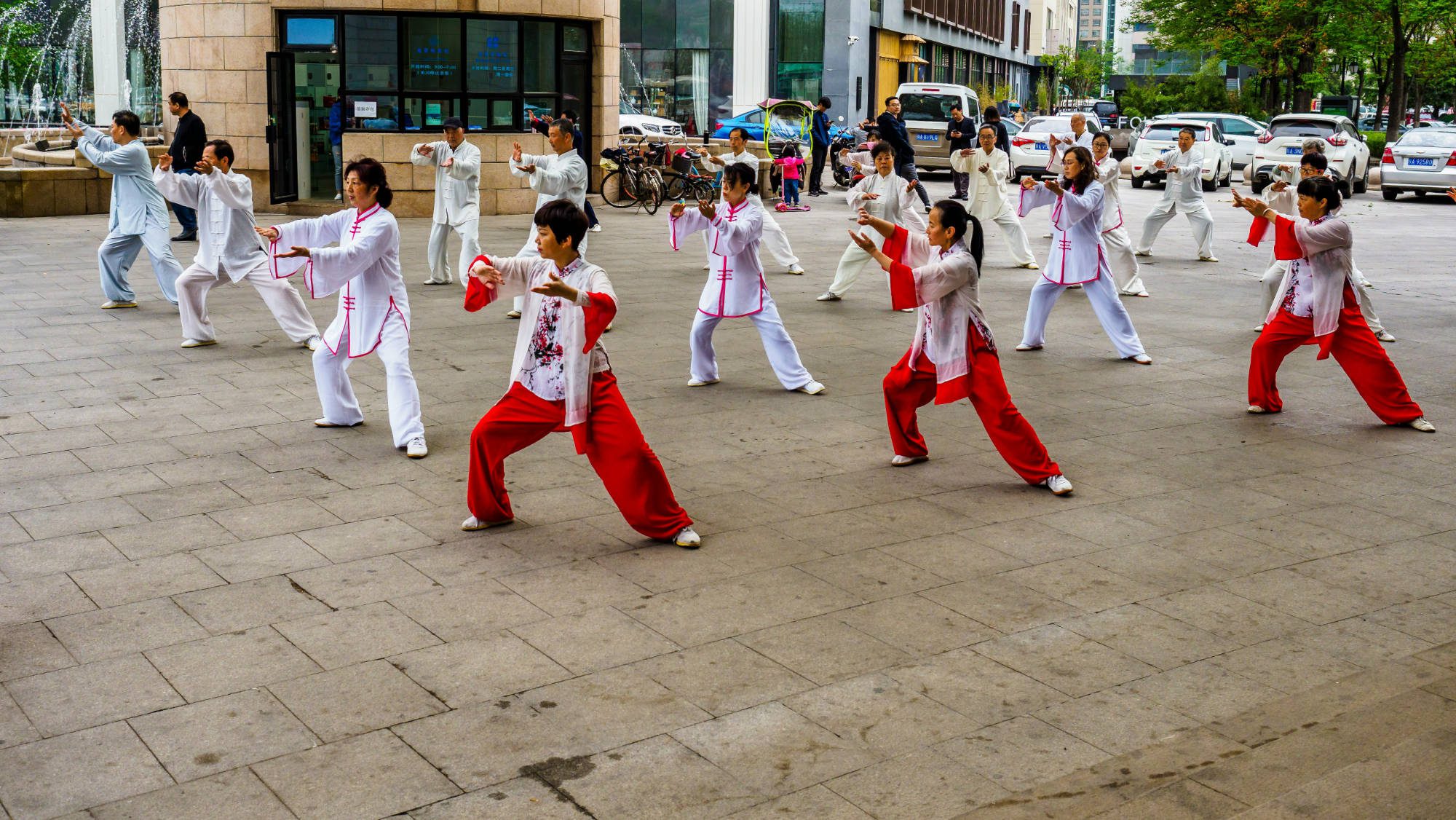This is our first micro-meditation lesson as part of our 10-Day Chill Pill Challenge. Read 10 Micro Meditation Lessons Livestreamed from Facebook for an overview of the lessons and challenge. You can also watch the Live Stream replay of this lesson below.
One of the top reasons we recommend meditation is that it strengthens and develops the most useful attitude a human being can have. When practiced, this attitude can be applied to pretty much all aspects of life to:
- Generate a desirable experience—ie. Peace of mind, contentedness, and even joy.
- Minimize negativity—ie. Anxiety, fear, worry, anger, frustration, etc.
That attitude is quite simply one of acceptance.
“Acceptance” is a word that gets thrown around a LOT in the holistic health, yogic, personal development and spiritual world. To refresh the word and to evoke a stronger sense of this attitude in action, I’ll put it in a number of different ways:
- Being chill.
- Not fighting with reality.
- Being “cool with” things.
- Minimizing resistance (a synonym for suffering)
- Equanimity in the face of change.
- Spending less time being pissed off, upset or stressed out by events.
The most useful way of conceiving of acceptance is “not resisting.” Resisting, or psychologically “pushing against” what is, is a recipe for a disturbed mind full of negative emotions.
Don’t worry, cultivating acceptance will NOT turn you into a doormat
Here’s what we hear a lot: “But some things ARE unacceptable! We NEED resistance and outrage because they inspire action for change—change for the better!!!”
Don’t worry. Acceptance and action for change are not mutually exclusive. Again, by acceptance we mean NOT RESISTING a situation. Not resisting helps generate clarity about the situation by neutralize negative emotions—emotions that prevent you from seeing the situation clearly and re-acting rather than responding sagely. Accepting means NOT piling unproductive thoughts on top of what is probably an already difficult situation. Thoughts like:
- I HATE this!
- I can’t BELIEVE this!
- How could he DO this to me??
- Why can’t life cut me a BREAK?
- I don’t DESERVE this!!!
- Why does this crap always happen to me???
By abstaining from these types of thoughts—whether they’re strong or subtle, you’re practicing an attitude of acceptance. An openness to the situation at hand, which reduces negative emotions, facilitates clarity and helps you determine effective action (should you choose to take action).
Meditation is a work out for your acceptance muscle
The #1 meditation myth is that if you didn’t “clear your mind” or “experience peace/serenity/calm” during your sit, you FAILED.
Could anything be further from the truth?
True, meditation often involves a point of focus for your mind, which helps to settle it. So it’s easy to see why some feel like they “fail to focus.” For example, a 15-minute “watch-your-breath” meditation. The likelihood of you being able to actually focus on your breath during the whole 15-minute stretch or even a full 60 seconds is very low. Other things will come up and distract you: thoughts, emotions, bodily sensations. But, you succeed by practicing being OK with everything that comes up.
You watch your breath for two seconds – that’s OK!
You start thinking about Richard Simmons’ hair – that’s OK!
You wonder if he cut it himself – that’s OK!
Oh crap, you were supposed to be watching your breath – that’s OK!
You go back to your breath for all of 5 seconds – that’s OK!
Then you remember that your friend owes you five bucks – that’s OK!
In a meditation, two things you practice are 1) “snapping to” and identifying the things that come up in your mind and 2) being OK with and open to whatever it is that happens. Understood that way, it’s pretty much impossible to fail at meditation. You can even choose to “be ok” with a sense of failure.
Meditation—a manageable microcosm of life
As such, meditation is “life practice.” You close your eyes and presto, and you’ve created a relatively manageable microcosm of life out of a quiet, inward-looking space. You’ll find that this internal space is full of things that just come up—like in life, get it?
- Thoughts
- Emotions
- Feelings
- The sounds of your neighbor’s lawnmower
- An itch on your leg
- Wondering if you’re getting enough iron from your diet.
- Remembering that you have to call your health insurance company about that thing.
When these things come up in your mind, don’t fall into the trap of thinking “I’m TERRIBLE at this, I haven’t been watching my breath at all.”
Instead, notice what happened, “a thought came up,” tell yourself “that’s Okay,” and go on with the exercise—whether it’s watching your breath, watching a candle, whatever.
In time, saying “that’s OK” will become easier during your meditation… and in your day-to-day life. When you say “that’s OK,” you acknowledge your inborn capacity to accommodate people, places and things with an attitude of openness and acceptance.
So many benefits to having a meditation practice
Mental clarity is just ONE of the myriad benefits of a regular meditation practice. Explore our videos-articles covering several other benefits below.
- Give yourself a daily vacation with a meditation practice More vacation time with a meditation practice
- Prime your mind to investigate the BIG questions in life with meditation Develop more mental clarity to advance your truth-seeking and deep-thinking
- How to take the ‘problem’ out of your ‘problems’ (meditation to the rescue) Strip the problematic-ness from your problems
- How meditation helps you be less judgmental (and more discerning) Judge less, discern more (and how that makes you happier)
- Use meditation to generate (and spread) positive feelings Generate positive feelings (and spread them) with loving-kindness meditation
- How meditation makes negative feelings more manageable in your day-to-day life Make negative feelings more manageable with this simple technique
- How meditation makes you more like Neo from The Matrix
- Meditation gets you FOCUSED (and therefore happier, and more productive) Train your mind to be more focused (making you happier and more productive)
- Sensitize yourself to the subtleties of experience with meditation Sensitize yourself to the subtle (yet POWERFUL) thoughts and emotions that determine how you interpret the world
- Cultivate the World’s Most Useful Attitude with meditation Develop life’s #1 most useful attitude with meditation: that of acceptance (and why practicing acceptance does NOT make you a doormat)
Questions or comments about meditation or your meditation practice?
We’d love to hear them! Please leave them in the comments below.







